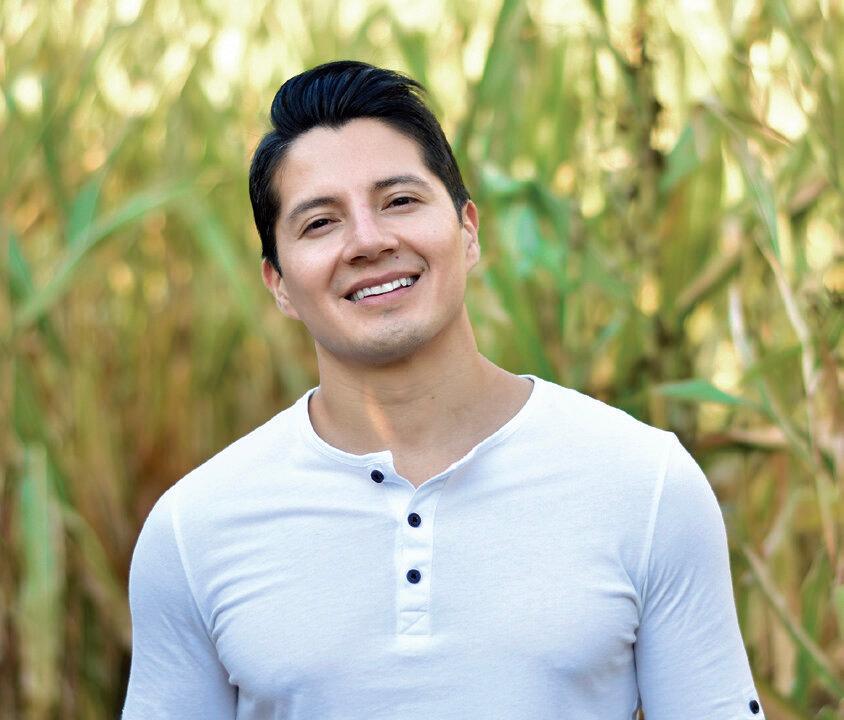Many things could be said about what makes America great. One could focus on its natural beauty, with majestic landscapes stretching from coast to coast, or perhaps on the wealth of natural resources that can be found in every corner of this land. While nature has indeed blessed this country, the true beauty of America lies in its people and the values we uphold. These values have been the backbone of this nation since its founding, an event that set into motion an experiment in democracy and that has resulted in one of the most advanced societies in history.
The task of charting the course for a new nation was not one that our Founding Fathers took lightly. It was in fact grounded in millennia of the Judeo-Christian tradition, the wisdom of ancient Greek philosophy, the political theories of Locke and Hume, and careful deliberation by the Founders.
The result was a set of governing principles that guaranteed popular sovereignty: the people’s right to determine their own destiny. To achieve this, citizens were granted natural rights considered “unalienable.” This provided the foundation upon which each individual could pursue his or her telos—what he or she found to be meaningful in life. This process was not to be obstructed by the government, whose power was tempered by checks and balances.
The system that emerged is one that provides equal access to opportunity—more so than any other in the world. This might sound like an overstatement, but the United States has done an impressive job of ensuring that there are no restrictions to pursuing one’s passions within the boundaries of the law. Rewards for hard work and innovation are exceptionally high in the United States, in virtually every field. The obvious example is in technology, where the United States ranks first in the world for patent activity. But this is also true of scientific output, with the United States having more top-ranked research institutions than any other country. The end results are products and services that tangibly improve the quality of life for people around the world and contribute to human progress.
This is something I can attest to myself. Like many immigrants to this country, I didn’t come here with much. In fact, I was quite young when I arrived here as a teenager. Even so, I noticed immediately how different this society was compared to my native Ecuador. Though America’s system was unfamiliar to me at first, I quickly adapted to it, which meant embracing the values that make this country stand out on the global stage. And so, I applied myself to each task put in front of me and soon began to take advantage of the opportunities this nation had to offer.
I graduated at the top of my high school class. Later in life, I continued to experience firsthand how hard work consistently paid off academically and professionally in some of the most competitive environments. This was in stark contrast to the system I had experienced in the first half of my life—one that seemed to reward political power, social connections, and even cunning and disingenuous behavior rather than merit. That’s to say nothing of countries—such as the once prosperous Venezuela—that embraced an insidious neo-Marxist ideology. Instead of equal access to opportunity, Venezuela’s focus on the equalization of outcomes has led to social and economic collapse.

